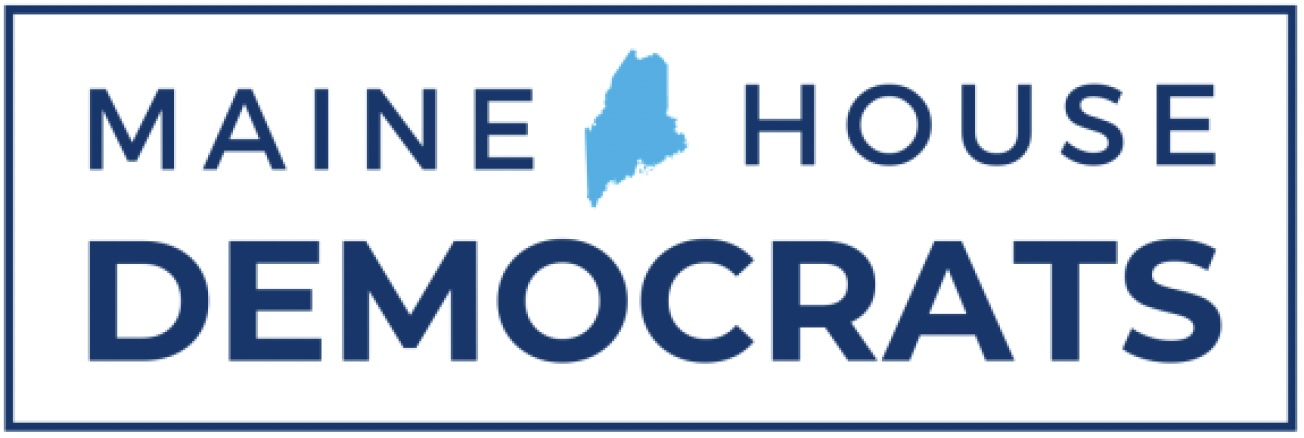By Rep. Ellie Sato
Every Mainer has a constitutional right to due process — which includes timely legal representation — just as we have a right to freedom of speech and the right to equal protection under the law. However, access to justice across the state has been diminished, as many defendants in criminal proceedings haven’t been able to access legal representation and have experienced long court delays. As a member of the Legislature’s Judiciary Committee, I see it as our responsibility to develop policy that ensures justice and due process are accessible to everyone in Maine.
Many low-income people in Maine who are facing criminal charges can’t afford counsel, something that should never depend on a person’s wealth. This situation has culminated in the Robbins v. State of Maine case regarding this constitutional violation of Mainers’ rights. The U.S. Constitution, via the Sixth Amendment, guarantees the accused in all criminal prosecutions the right to a speedy trial and an effective attorney. On March 7, the Maine Supreme Judicial Court handed down a decision in the Robbins case that ordered the state to form a plan to meet this constitutional obligation.
In response to the Robbins case ruling, the Judiciary Committee worked together to develop bipartisan legislation to address this legal crisis. That legislation was LD 1101, An Act to Address the Limited Availability of Counsel in Courts to Represent Indigent Parties in Matters Affecting Their Fundamental Rights. This bill will better ensure that all Mainers’ have their Sixth Amendment right to an attorney fulfilled.
As amended, LD 1101 creates five new public defender positions to help represent criminal defendants who do not yet have attorneys. It also creates two paralegal positions and one legal administrator position to support the new public defenders in their handling of these cases. Due to the emergency nature of the crisis, the bill also allows for the courts to appoint private attorneys to indigent defendants who currently have charges pending, but cannot afford a lawyer. These provisions will expire on February 1, 2026, and are intended to help the public defense system quickly work through the immediate need for representation. Through much work, negotiations, and debate, the Legislature passed this bill and it is now law.
Addressing the Robbins case has been one of our highest priorities, and the core issue at hand is the widespread backlog of cases, both criminal and civil, in the courts. In order for us to prevent crises like the one that brought about the Robbins case, we must address the backlog. This means that we must not only ensure counsel for low-income defendants in criminal cases who have yet to have their day in court, but we must also provide better access to counsel for those seeking help in civil matters.
Those working in civil legal aid services are on the frontlines of helping some of the most vulnerable people in Maine. This includes individuals who are facing eviction or foreclosure, experiencing exploitation or physical violence, and those seeking safety from intimate partner violence or elder abuse. Winning or losing one of these cases can often mean the difference between life and death. Having a lawyer drastically improves the odds. But what happens when someone can’t afford a lawyer? This is where civil legal aid plays a large role in helping those who need a lifeline remain on their feet.
However, there aren’t enough lawyers working in civil legal aid here in Maine to ensure that everyone who needs counsel has access to a lawyer. The National Center for Access to Justice estimates that each state should have 10 civil legal aid lawyers for every 10,000 people living below 200% of the federal poverty line. Right now, Maine is only at three civil legal aid lawyers for every 10,000 people. We have a lot of work to do in order to reach that goal. That’s why, in the Judiciary Committee, we have also been working on finding ways to increase access to civil legal aid across the state, particularly through LD 1022, An Act to Protect and Increase Access to Justice in Civil Legal Matters for Persons with Low Incomes. Passing this bill would ensure that we are dedicating adequate resources to help the most vulnerable members of our community by increasing their access to justice.
I’m proud of the work that our committee has done so far on these critical issues, but these bills are only incremental steps to work toward a permanent resolution to the crisis our justice system is facing. There is much more that needs to be done, and I look forward to continuing to work with my colleagues on the Judiciary Committee to ensure that every Mainer has access to justice.
I encourage you to reach out to me any time with concerns about issues you care about, questions on policy or legislation, ideas on ways to better our community, or even just to introduce yourself. Please don’t hesitate to email me at ellie.sato@legislature.maine.gov, or call the House Democratic Office at 207-287-1430.Rep. Ellie Sato, D-Gorham, is serving her first term in the Maine House of Representatives and is a member of the Legislature’s Judiciary Committee.

